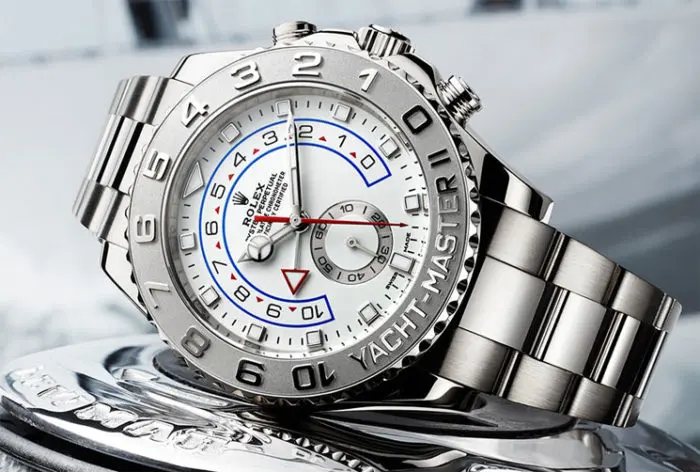Q: What has science uncovered about handshakes in first impressions and business?
A: Whether you shake hands – and HOW you shake hands – seems to matter a lot, according to behavioral research. It can influence how persuasive you are and the kind of first impression you make. Two studies can give you an idea of this.

STUDY 1 – Handshakes and Compliance
In an article published in 2013 in the journal Social Behavior and Personality, a few behavioral researchers sought to examine the effect of a handshake on compliance with a request.
- What do they mean by compliance?
In this case, they mean whether some door-to-door solicitors could get people to donate money to a charitable organization.
- In the study, two French 20-year-old women were recruited to go door-to-door for a charitable organization (money for poor children in Madagascar)
They had name tags and were given a standard pitch to state verbatim.
The recruits were not aware of the purpose of the study.
- Half of the time, the recruits were instructed to shake hands at the beginning of their pitch. The other half of the time, they were just instructed to give the pitch (no handshake).
RESULTS:
- When the recruits did not shake hands before giving the sales pitch, 53.3% of the home occupants donated money to the charitable organization.
- When the recruits shook hands, this figure jumped to 95.5%!
- A good handshake before giving a sales pitch almost doubled the rate of success.
STUDY 2 – Handshake Quality
But does the quality of a handshake make a difference? What qualities are people looking for in a handshake?
A group of researchers published an article in 2008 in the Journal of Applied Psychology to answer these questions.
- 98 undergraduates in a career preparation class were given mock interviews with a number of interviewers.
- Each undergraduate shook hands with 5 “handshake raters” during the event (the undergraduates did not know their handshakes were being evaluated).
- Each of the 5 raters had been trained to rate handshakes for:
- Completeness of grip
- Strength
- Duration
- Vigor
- Eye contact while grasping hands
- All 5 of these aspects were averaged into an Overall Handshake Score
Volunteers from local human resources organizations (these were separate from the handshake raters) then conducted a job interview with the undergraduates and then gave a final hiring recommendation.
The undergraduates also took a Personality Characteristics Inventory that gives scores for a version of the “Big Five” personality traits (five very common traits that are measured in psychology and are used to predict many aspects of a person's life).
- Conscientiousness
- Extraversion
- Agreeableness
- Emotional Stability
- Openness to Experience
Undergraduates were also videotaped for a few seconds while sitting at the event. Four separate raters (independent from all the other raters) rated the undergraduates' physical attractiveness and professional appearance.
RESULTS:
Handshake quality made a difference in whether the candidate was “hired.” Higher ratings in all handshake qualities (completeness, strength, duration, vigor, eye contact) and overall handshake quality were significantly associated with higher likelihood that the candidate was judged to be “hired.”
Extraverts (those who were outgoing and liked being around people) were also more likely to be “hired.” No other personality traits made a significant difference.
People with good handshakes were more likely to be Extraverts.
Interestingly, people with good handshakes were also more likely to be more professionally dressed.
INTERPRETATION:
What can we take from these results?
It seems that the standout candidates had a group of important traits:
- They had good handshakes that were:
- That had more professional dress than others
- They were outgoing and social
Complete (no grabbing fingers! an incomplete handshake is an awkward distraction)
Strong (don't crush their hands, but strength is associated with strong wills, motivation, and determination)
Long (don't shake for one second and then shy away, this implies fear or avoidance)
Vigorous (it's called a handshake for a reason)
Associated with eye contact (this shows that the person you're meeting is the most important person to you at that time and has your full attention)
- All of these traits seemed to go together.
The researchers also determined that good handshakes were communicating the person's high social skills.
Good handshakes and better dress can be learned with practice.
ONE LAST NOTE:
“But I'm not naturally an Extrovert!” you may say.
Don't sell yourself short here. Research has shown that it's true that some people are naturally more Extroverted and some are more Introverted. BUT not everyone is entirely one or the other.
If you are an Introvert, this doesn't mean you can't be outgoing or sociable. It just means that being outgoing is draining for you. But you DO have a sociable side that can be practiced and used if necessary. But it's up to you to find it and nourish it.
References
Gueguen, N. (2013). Handshaking and compliance with a request: A door-to-door setting. Social Behavior and Personality, 41(10), 1585-1588. Link: https://www.ingentaconnect.com/content/sbp/sbp/2013/00000041/00000010/art00001?crawler=true
Stewart, G. L., Dustin, S. L., Barrick, M. R., & Darnold, T. C. (2008). Exploring the handshake in employment interviews. Journal of Applied Psychology, 93(5), 1139-1146. Link: https://www.ncbi.nlm.nih.gov/pubmed/18808231







